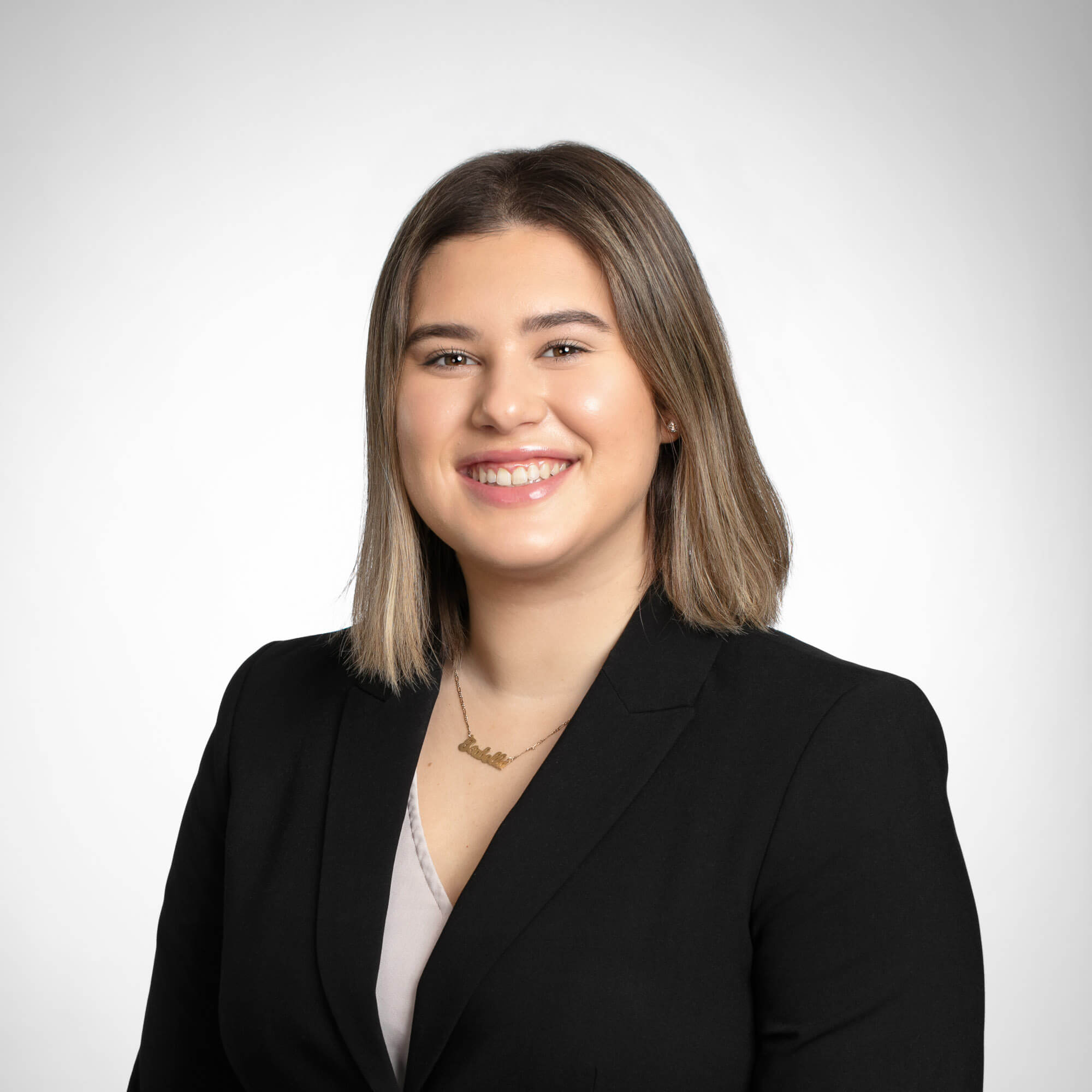Isabella Izquierdo
Isabella supports Lewis-Burke clients by advancing priorities in biomedical and public health research through advocacy and consulting across agencies within…
Srinu Sonti, J.D.
Srinu Sonti is a seasoned health policy and communications professional who provides clients with unique insights into the inner workings of Congress and…
Elevating Biomedical Research with Federal Policymakers
Working on behalf of an Association client, Lewis-Burke designed and executed the client’s annual meeting in Washington, DC during a period of protracted…
Protecting Teaching Hospitals from the Disproportionate Impact of Cuts
Teaching Hospitals have a unique role. They not only train the next generation of healthcare providers in the use of cutting-edge technology and treatments,…
Protecting Research Infrastructure Costs
Following a government proposal to cap facilities and administrative (F&A) costs on NIH awards at 10 percent, a policy that would have devastating…

